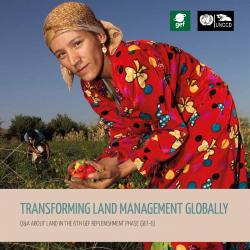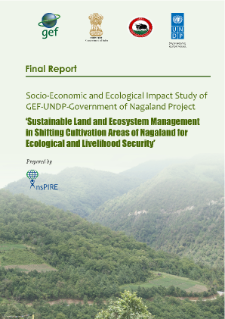Focal point
Location
NRMC is a technical and managerial advisory firm in the development sector that provides evidence-based solutions for sustainable, equitable and inclusive development.
Established in 2004, NRMC is engaged in creating impactful solutions that make a difference to the society. We achieve results at scale by catalyzing partnership with clients and communities. We believe in ethical business, nurturing talent to be courageous to push the limits of knowledge and discovering new ways of doing things.
NRMC experience, high quality skills, breadth of sectors, services make us preferred partners for public and private sector clients and partners in creating sustainable and scalable social impact.
We have a demonstrated in-depth understanding of sectors across project design and solution implementation. NRMC service offering incorporates all aspects of project and program management, development sector advisory, monitoring & evaluation and documentation. Focused on rural and urban poverty, Team NRMC is a professional service provider. Our experience on planning, advisory, technical and management support encompasses the social, institutional and gender dimensions of development. We work with a range of clients which include Government, bi-lateral and multi-lateral agencies, international NGOs, corporates and corporate foundations.
We constantly strive to understand community needs and aspirations, ensuring that we deliver contextual and impactful solutions on behalf of our clients and partners. With offices across six locations, we are able to provide effective and efficient solutions to clients and communities.
Members:
Resources
Displaying 66 - 70 of 208Transforming Land Management Globally
Responding to the immediate challenge of how we sustainably intensify the production of food, fuel and fiber to meet future demand without the further degradation of our finite land resource base, Land Degradation Neutrality (LDN), which emerged from the UN Conference on Sustainable Development (Rio+20) in 2012, is a potential target to address this challenge.
Land Matters for Climate: Reducing the Gap and Approaching the Target
In this brief, UNCCD identifies the key element in the climate change equation often missing in the current discussions. UNCCD offers an evidence-based argument that the mitigation potential of the land use sector, realized through land rehabilitation and ecosystem restoration activities, can make a significant and immediate contribution to reducing the emissions gap.
Community as Local Stewards
The document highlisghts that the AWS Standard is helpful in developing a stepwise understanding of community and insitutional development, An action plan was developed with the communuty during the scoping exercise, considereing the water related concerns of the communities and their shared risks and challenges. The plan would act as a point of reference and guide the implementation process.
The Case for the Commons
This new policy brief was commissioned by the Foundation for Ecological Security (FES) and has been co-authored by Shalini Bhutani and Kanchi Kohli. It captures in one document the SC’s judgement, the course it has taken there after and the policy options that prevail. The document draws from information collected from government departments in several states & UTs, case papers and media reports to understand what is the status of implementation, the challenges in the realisation of the SC’s commons Judgment and where the strengths lie.
Socio-Economic and Ecological Impact Study of Sustainable Land and Ecosystem Management in Shifting Cultivation Areas of Nagaland
A biodiversity project in Nagaland is improving the productivity and fertility of the jhum land and fallow areas. The increased productivity has spiked sales of products and the incremented farmer income substantially. The study also highlights how women in Nagaland have been empowered through the project.


